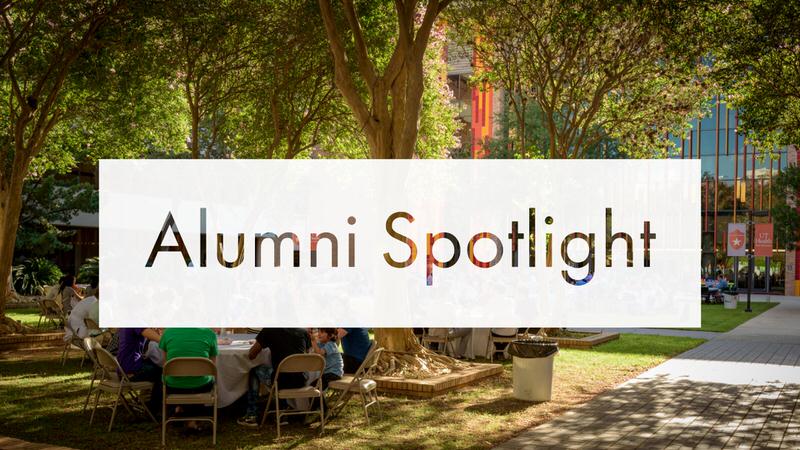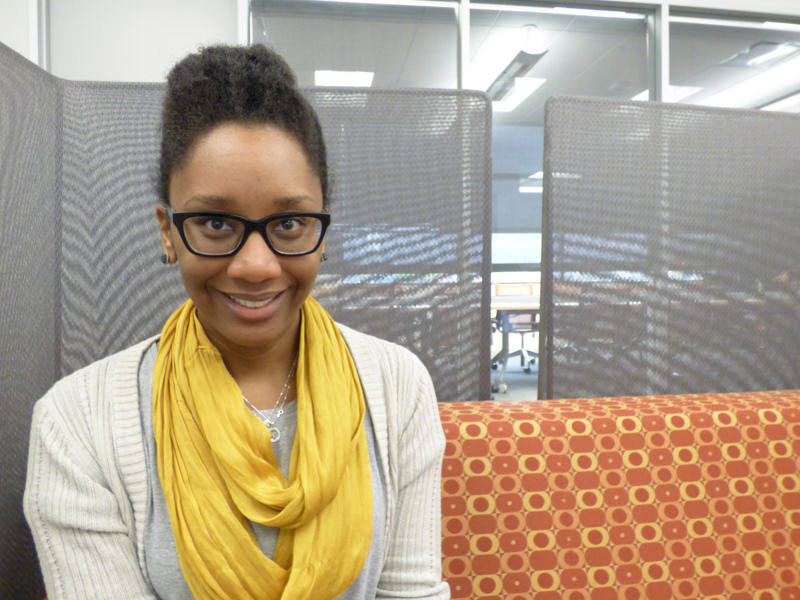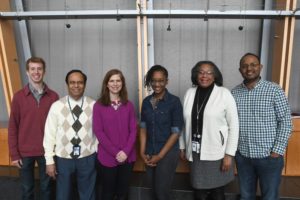Alumni Spotlight: Dr. Calais Prince & Her Postdoc at the National Institute on Aging

 1) When did you first become interested in science?
1) When did you first become interested in science?
I first became interested science at 8 years old because I wanted to become a veterinarian.
2) Why did you pick The University of Texas Health Science Center at San Antonio and your program?
I chose the University of Texas Health Science Center at San Antonio because the Integrated Multidisciplinary Graduate Program (now Integrated Biomedical Sciences) allowed me to tailor my graduate experience. I joined the department of Cellular and Structural Biology (now Cell Systems and Anatomy) because of the distinguished scientists and their passion to train students.
3) Tell me about your career path.
I became interested in health disparities and science policy while in my final year of graduate school. In my current position as a postdoctoral intramural research trainee at the National Institute on Aging (NIA), I study frailty in a middle aged, diverse community in Baltimore. I participate in several activities at NIA that allow me give back to the NIH community. I also have the pleasure of serving as a mentor at a local high school and volunteering at a nonprofit organization.
5) What is a day like in your job?
It varies. I’m still at the bench, but I’m learning R right now. The majority of my time has been spent learning the language and analyzing data.
6) How did the education you get at The University of Texas Health Science Center at San Antonio prepare you?
Outside of didactic training, I learned: the importance of identifying a solid mentor and research group, the importance of being independent, being flexible, and planning for my future career (as much as I can).
7) What is the most challenging part of your work?
Working with a community-based population: The variability in the data can be frustrating at times, but that is the nature of the beast when working with biological samples from a diverse cohort.
 8) What is the most rewarding part of your work?
8) What is the most rewarding part of your work?
Working with a community-based population: I feel like I am connected to the participants by way of their contribution to the scientific community. It’s awesome and encouraging.
9) What would you tell a current student interested in your career? Any advice?
My advice is general, but can be applicable to someone that is interested in pursuing a career in studying health disparities/health policy:
a) Don’t allow fear of the unknown to determine your career path.
b) Be as flexible as possible without sacrificing your future.
c) If you can’t be upfront with your PI about your career interests, then that is a major red flag.
d) You will experience adversity. Seriously. Be sure to have a supportive group of people around you that can encourage when you hit rough times. Also, be that support for your peers.
e) Be involved in your local community so that you can be reminded of why you are spending so much of your life in lab.
10) What do you like to do outside of work?
Explore Baltimore and DC. This is the farthest east that I have ever lived. The history is rich and the food is delicious.
